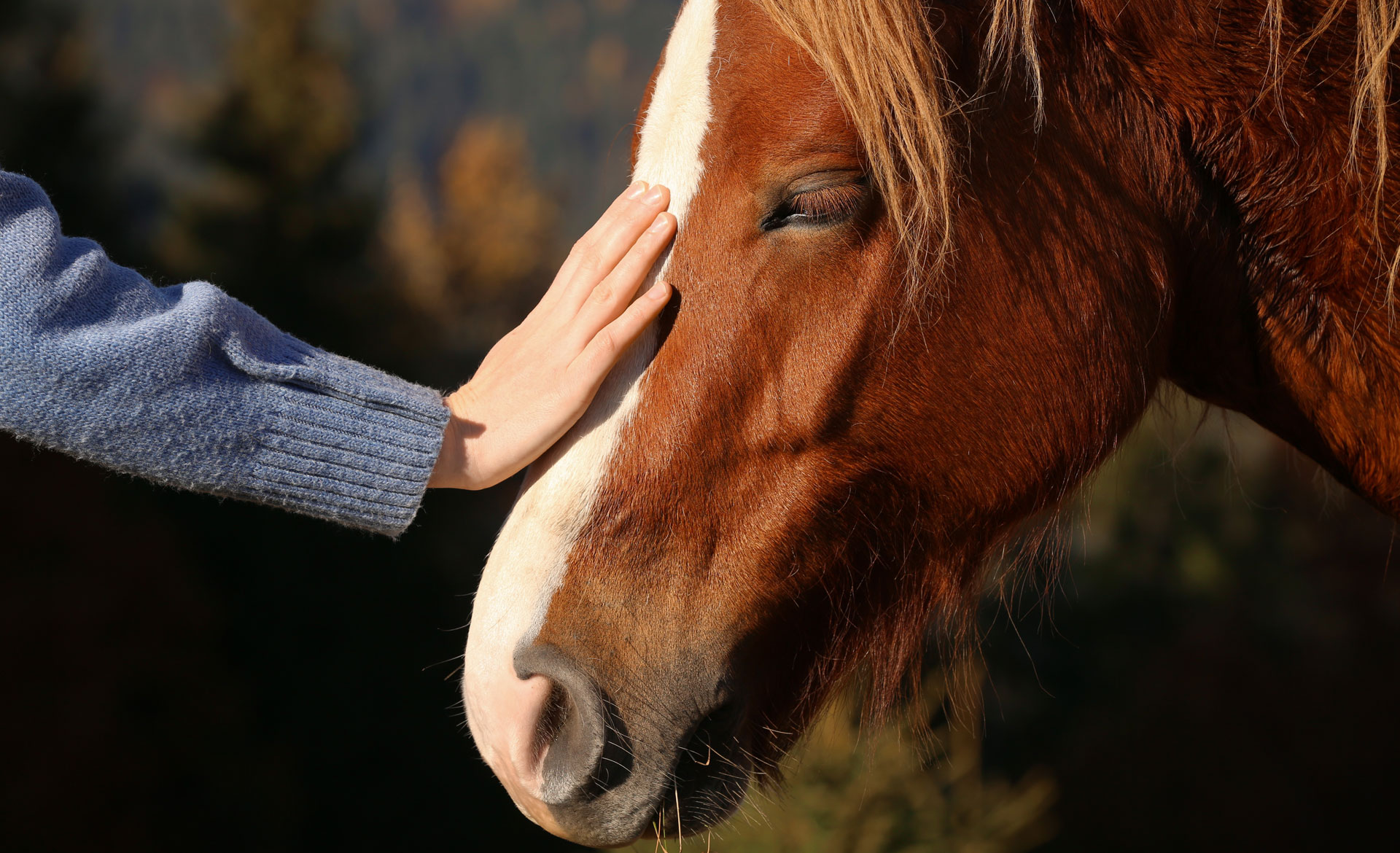
Understanding PPID in Horses: Early Detection, Long-Term Health
What Is PPID in Horses?
How Does PPID Affect Horses?
• A thick, curly, or long-haired coat that doesn’t shed properly
• Muscle loss, especially along the topline
• Increased drinking and urination
• Slow wound healing or recurring skin infections
• Chronic high intestinal parasites levels
• A dull or depressed attitude
• Hoof sensitivity or repeated bouts of laminitis
• Unexpected weight loss or a pot-bellied appearance
The Importance of Testing for PPID in Your Aging Equine Companion
Can PPID Be Treated?
Treatment usually involves:
– Daily medication (typically prascend) to help regulate hormone levels
– Regular follow-ups and bloodwork to monitor how your horse is doing
– Supportive care like dental exams, hoof care, and parasite control
– Dietary adjustments to reduce inflammation and prevent laminitis
Let’s Work Together to Support Your Senior Horse: Contact Advanced Equine to Ask About PPID Testing This Month!

If your horse is over 15 or showing any signs of PPID, give us a call today to schedule a simple blood test. We’re happy to answer your questions and help you understand what’s best for your horse’s long-term health and happiness.




